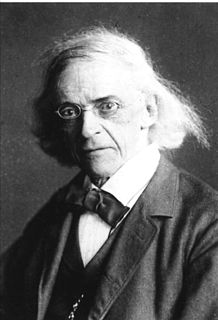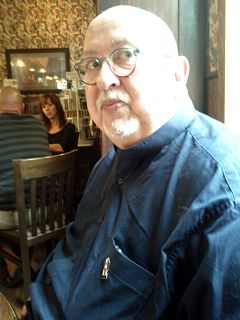A Quote by Elizabeth Berg
I'm nuts about the South - the people, the language, the food, the land, the stories and writers that come from there - but it's hard to know whether I'll use it as a location again.
Related Quotes
I feel like in the reading I did when I was growing up, and also in the way that people talk and tell stories here in the South, they use a lot of figurative language. The stories that I heard when I was growing up, and the stories that I read, taught me to use the kind of language that I do. It's hard for me to work against that when I am writing.
You know, it's a funny thing about writers. Most people don't stop to think of books being written by people much like themselves. They think that writers are all dead long ago--they don't expect to meet them in the street or out shopping. They know their stories but not their names, and certainly not their faces. And most writers like it that way.
The time has come for writers to become inaccessible again. The reason is not some kind of 'mystique' that makes people curious (though it helps), but the fact that no real writers ever lay down anything real in public-they work in solitude, they think hard, and their thoughts are rarely nice or 'friendly.'
We keep each other alive with our stories. We need to share them, as much as we need to share food. We also require for our health the presence of good companions. One of the most extraordinary things about the land is that it knows this—and it compels language from some of us so that as a community we may converse about this or that place, and speak of the need.






































